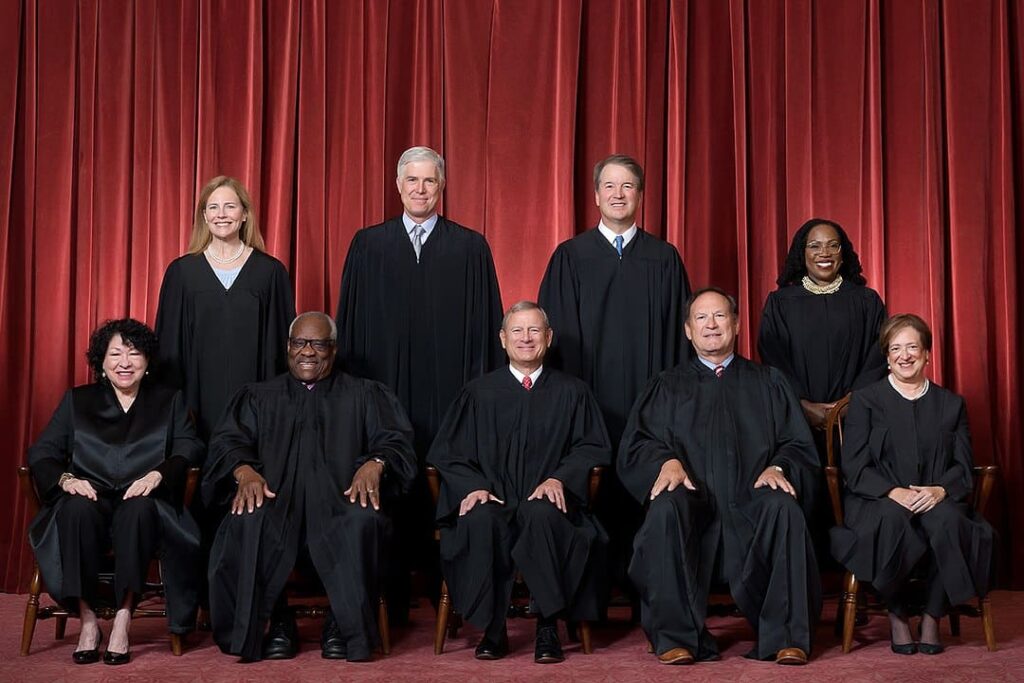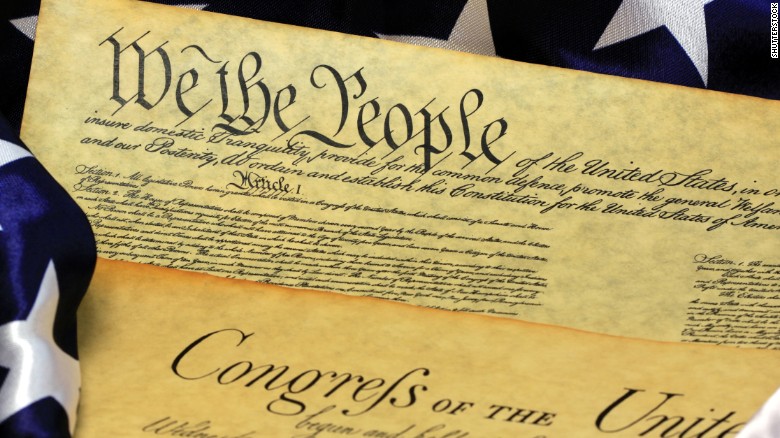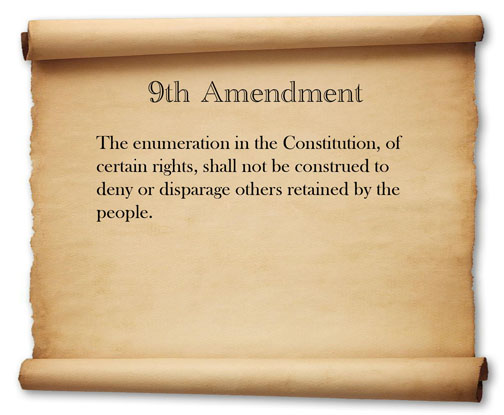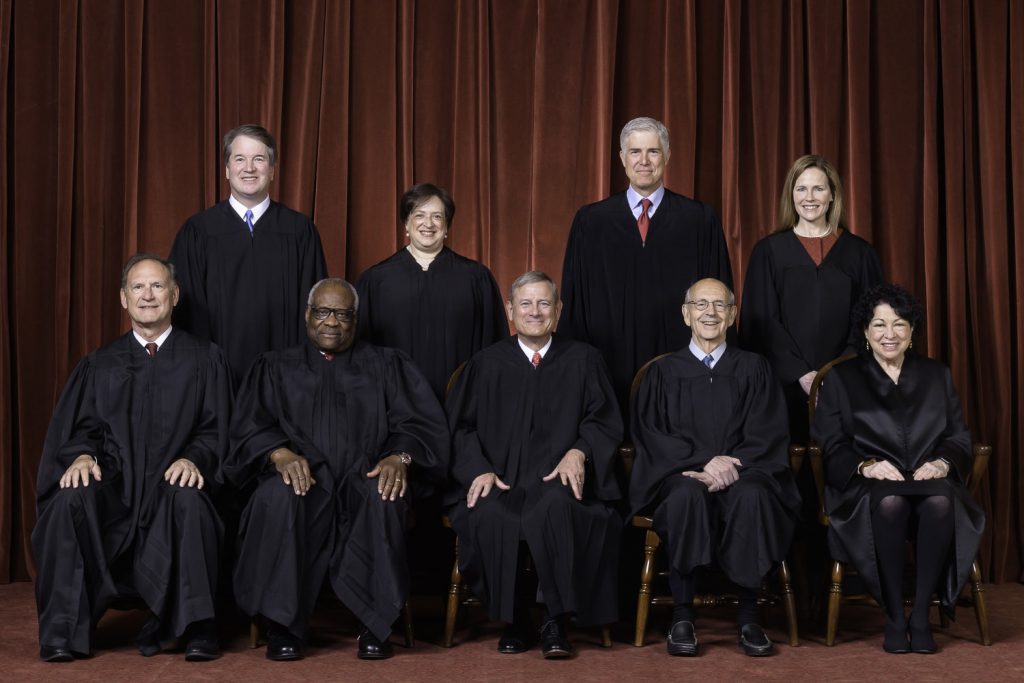
“May you live in interesting times and People in High Places know your name.”
Ancient Chinese Curse
After listening to the Oral arguments before SCOTUS last week and listening to more legal scholars and talking heads than I care to remember I’d like to share my take away from “Trump vs. Anderson”. First off I want to make clear that I feel that this is going to be both a critically and historically important case. A case that will be thought in both history classes and in law classes in times to come. Also I am sure ever Justice on the Court believes this too. This is a ground breaking case and the only questions we have to face is who’s ground gets broken and what happens next.
My first take is I agree with the vast majority of the Scholars and talking heads, SCOTUS is going to over turn the case. I don’t have a clue on just how the will reason this nor what the vote is going to be. An I’m not brave enough to make a guess either. I also feel that no mater how they rule the Justices are in for a long hard few of years ahead. What I’m going to do here is talk about just one question facing them. If they rule such that no state can prevent a person from being on the ballot(s) of that state that does not meet the qualifications for being President or Vice President then just who and when are the requirements going to be inforced?
First question: Can the Congress pass a law on who can be on their ballot(s) (Either Primary or General). How can this law be constitutional when the Constitution give the several States sole rights on how their Presidential Electors are selected? If it is constitutional who actually enforces the Law, which agency of the Federal Government has the job (or who would want it)?
Second question: If the States do have the right to control the selection of their Presidential Electors can the State(s) at the time the electors gather at the appropriate designated place can the State(s) legislature disqualify all votes for the candidate who fails to met the qualifications? If they can, then who do they select as electors? Or do they just not send any electors at all?
Third question: If the several States do select and send electors for a person who does not met the qualifications for President/Vice President and accept their votes does the Congress have the right and/or duty to reject those votes when the votes are counted? Sub question, is the vote only not counted for the person who does not qualify? Would this not lead to the situation where we get the President disqualified and the Vice President who is qualified? Does he/she automation move up to the Presidency ?
Fourth question: If we get to the point where a person who fails to met the qualifications to be President is about to be sworn in what does the Chef Justice do? Does he/she actually administer the oath of Office?
Fifth question: If a person who does not met the qualifications for President is swarm in would he/she not be libel for immediate Impeachment?
See the problem? No matter what SCOTUS has some very interesting times a head and many many people in high places know all their names.






